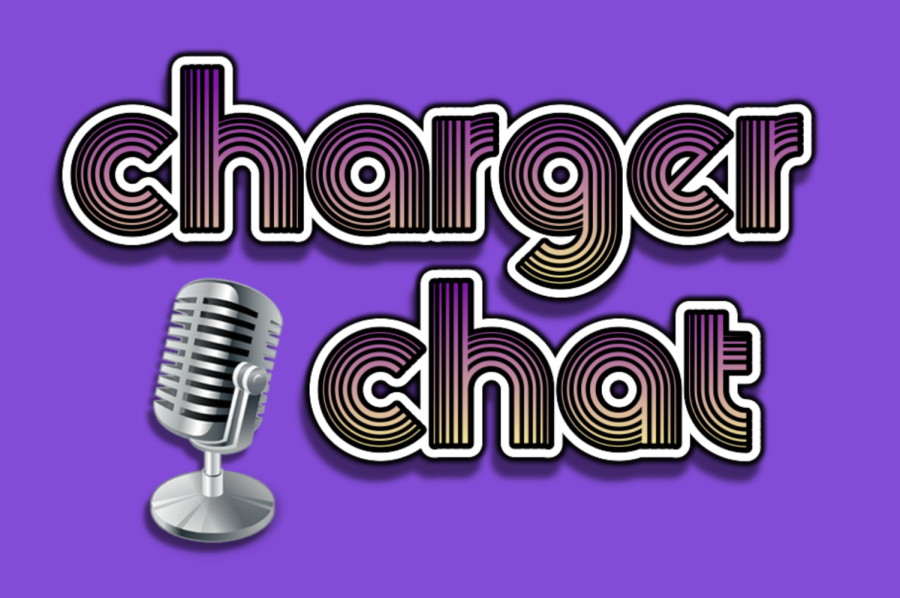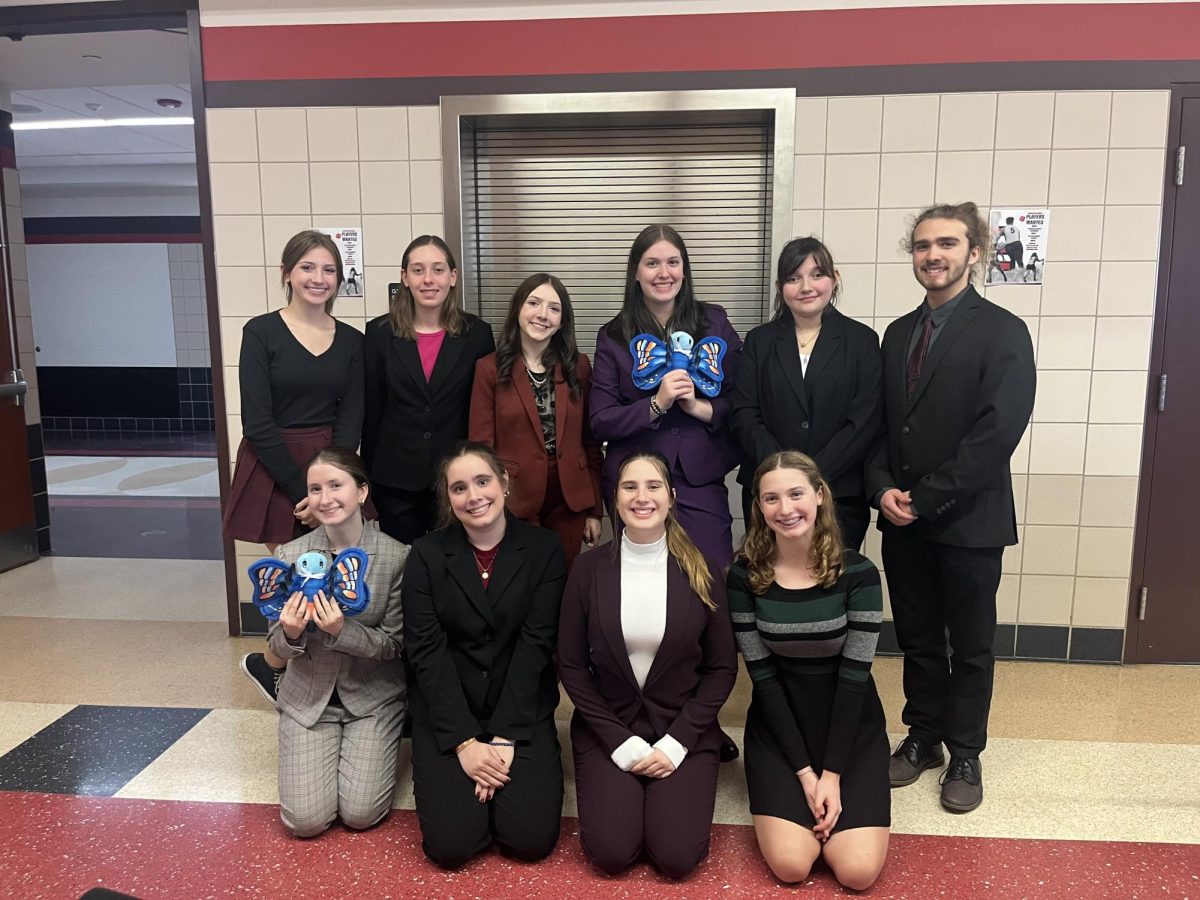Seinfeld is one of the greatest icons of the 1990’s, hailed as one of the best sitcoms of all time, and an especially nostalgic reminder of the past for those born before the turn of the century. Despite being born outside of the era where this show ran on live television, I have seen the show in its entirety nearly 25 times. I love sitcoms (which is nearly 100% of what I watch), and no show I have ever seen can ever come close to how good Seinfeld is. Between its revolutionary influence on modern television and its genius character writing, Seinfeld is my favorite TV show of all time.
Seinfeld was an American TV show running for 9 seasons from 1989 to 1998, created by comedian Jerry Seinfeld himself and comedy writer Larry David. The entirety of the show takes place in Manhattan, revolving around the life of comedian Jerry Seinfeld, his neurotic best friend George Costanza, his former girlfriend and now friend Elaine Benes, and his eccentric neighbor Cosmo Kramer. Jerry and his friends navigate American social norms and the minutiae of daily life with a witty and irreverent edge, often getting into humiliating and awkward situations due to their own idiocy and selfishness. The show was nominated for 68 Emmys, and won 10 of them. This show is incredibly influential, creating a foundation that many other shows are built upon, such as Arrested Development and It’s Always Sunny in Philadelphia. Some aspects brought about by Seinfeld are the use of a single camera to film (as opposed to multiple, which was common before the show was released), and the use of dynamic storytelling instead of following a basic formula.
The first thing that makes Seinfeld so great is its elite character writing, each one masterfully crafted over 9 years. Characters are the lifeblood of a good sitcom, their dynamics and personality define a scene and how it plays out; a good character will be remembered for years to come following the end of the show. All 4 main characters in Seinfeld are legendary, both for their bizarre individual quirks and for their relationship chemistry. By far the most notable aspect of these characters is how awful they are, but you can’t help but root for them, entirely due to the fact that they are so relatable. Jerry on the surface appears to be a calm and rational individual (albeit a little mean spirited and sarcastic), but underneath he is an immature control freak and nitpicker who finds fault in everything, be it one of his many girlfriends or the position of a button on a shirt. George is nothing but a complete loser; he’s irritable, impulsive, insecure, unbelievably petty, and he finds himself in embarrassing social situations as a result of his own idiocy and ill-conceived plots. Elaine is an assertive, loud, and vain woman who is very concerned about making herself look good in the eyes of others. Kramer is a bizarre person who means well, but his lack of social awareness often causes problems for others unintentionally. We all are a little like Jerry, George, Elaine, and even Kramer, which makes us connect with them. Keep in mind though, they take these traits we all have and crank them up to 11, with their radical personalities conflicting with each other and with others in NYC, spiraling out of control into difficult and exasperating situations.
In addition to the main characters, the auxiliary characters on the show add so much. Kramer’s weird friends, Elaine’s irritating co-workers and bosses, Jerry’s girlfriends, George’s psychotic family members, and Jerry’s legendary arch-nemesis Newman play into their individual character traits to enhance each episode in its entirety. One thing not to forget is the amazing acting work of Jason Alexander (George), Michael Richards (Kramer), and Julia Louis-Dreyfus (Elaine), as their fantastic acting skills brought these characters to life in ways lesser actors couldn’t have. Even Jerry himself has a certain charm to his acting, even if it’s just the fact that he can barely keep himself from laughing the entire time.
The writing in this show is nothing less than artwork, between the dialogue and the intertwining plots between each of the 4 characters. Instead of using the traditional A and B storylines seen in most other sitcoms, Seinfeld follows each of the 4 characters in their own individual plot. They all start out separate, but by the climax of the episode all the 4 main storylines will converge into a hilariously awkward scenario. Such as in the episode “The Bubble Boy,” where all 4 characters are trying to go to George’s girlfriend’s family cabin, and each character is prevented from reaching the cabin in some way. Jerry wants back a corny autograph he gave to a waitress, and she won’t return it (to Elaine’s amusement), George and his girlfriend Susan are stuck at the home of an irritating boy that lives in a plastic bubble who Jerry was supposed to meet on the way to the cabin (but Jerry and Elaine are delayed at the coffee shop), and Kramer goes to the cabin uninvited with Jerry’s ex-girlfriend (who Jerry invited to the cabin before he broke up with her). It ends with everyone finally getting to the cabin to discover it’s on fire, because the uninvited Kramer left a lit cigar in it (which were given to him by George, who in turn got them from Susan’s father).
The individual character dialogue is worth noting as well, humorously reflecting our average boring conversation that we think nothing of. Jokes are made every couple of seconds, constant quick jabs and sarcastic remarks, in addition to some legendary catchphrases (e.g. “No Soup for you!” or “George is getting upset!”). The intonation, the bizarre yet relatable topics discussed, the tone and curious ways of talking possessed by each character, and the constant barrage of references to earlier episodes all are key aspects of what makes Seinfeld’s dialogue amazing.
The main quality that I value most amongst all shows is re-watchability. If a show isn’t fun to rewatch, why bother? A good sitcom will have this quality, and I have many shows in my roster that I rewatch regularly (Community, Futurama, etc), but they all lack the special sauce that Seinfeld has. Between all the qualities I’ve listed before, the show just feels special to me. The great acting, the amazing writing, the absurd storylines intertwined with bizarre characters, all these things have me coming back to it time and time again. In addition to all this, there are so many jokes and references to the show itself and other media buried within it that makes rewatching fun. Every time I see an episode again I catch something I didn’t before, such as a play on words or a reference to an old TV show or book.
All these factors in combination are what makes the show such a treat to watch. Almost every episode from season 1 to season 9 is hilarious, with only a few low episodes scattered throughout. If I had to choose a favorite episode it would be “The Wink,” in season 7, this one is another good example of the intertwined plots mentioned previously. If you haven’t seen this show already, I highly recommend it. Many TV shows you may be watching nowadays are inspired greatly by the hilarious absurdity and creative brilliance of Seinfeld.











